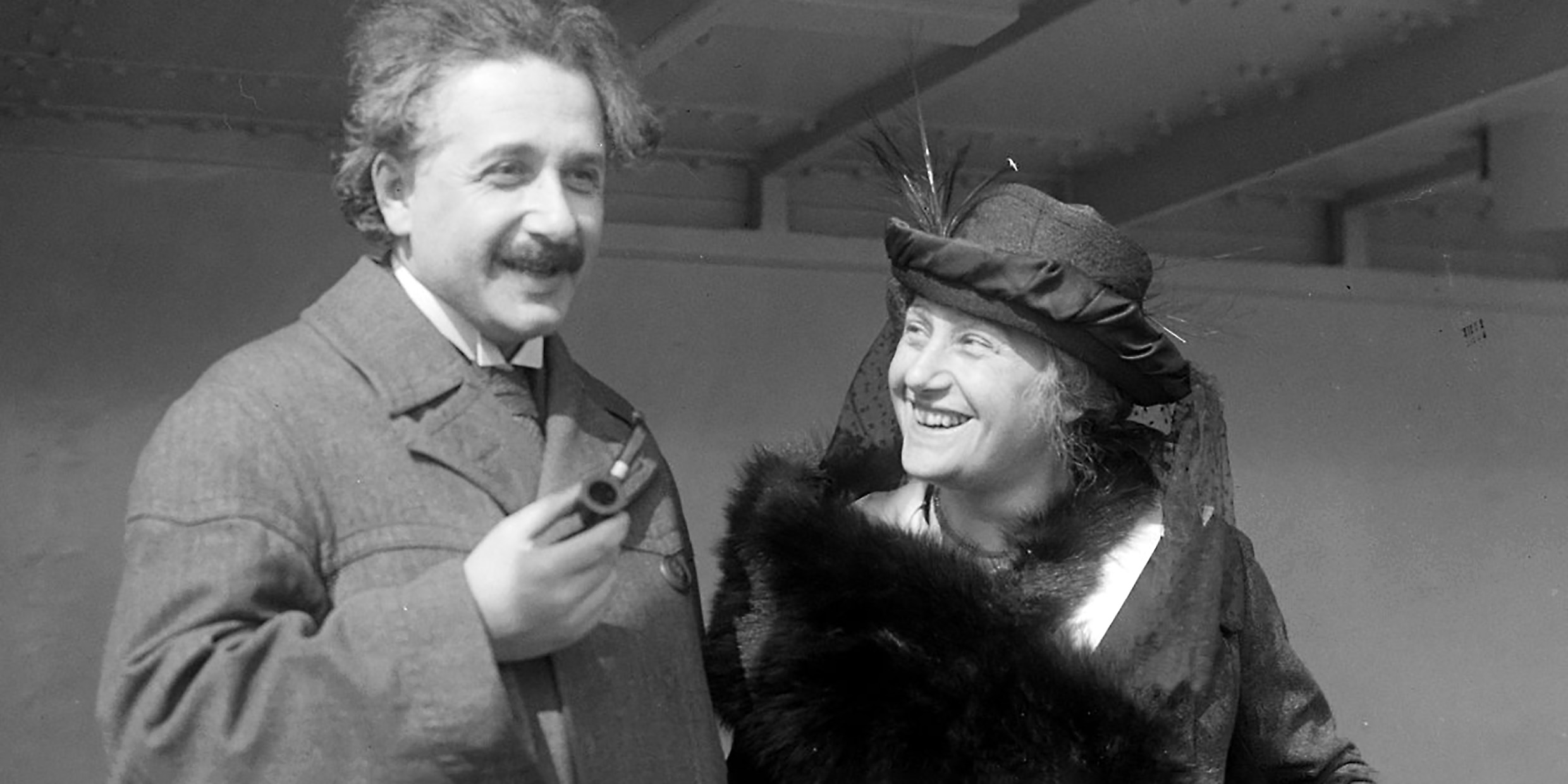Originally published 14 September 1992
Elsa Einstein was once asked if she understood her famous husband’s theory of relativity. She replied, “Oh, no, although he has explained it to me many times — but it is not necessary to my happiness.”
For what then is it necessary? asks Bryan Appleyard.
Appleyard has created a stir in Britain with his new book, Understanding the Present, a lively and erudite attack on science. Not only is pure science unnecessary to our happiness, he argues, it is positively inimical to it: “Science, quietly and inexplicitly, is talking us into abandoning ourselves, our true selves.”
The editors of Nature, Britain’s most influential scientific periodical, called the book an “assault upon reason,” and pronounced it “dangerous.” According to the editors, Appleyard’s slick polemic plays into the hands of those politicians who blame supposedly novel social ills on an erosion of traditional religious values. These same politicians are often stingy or begrudging in their support of pure science.
Appleyard is a special features writer for London’s Sunday Times, and the author of several books on modern culture. He has now written a book that will become the subject of countless college seminars. As history of science, Understanding the Present is lucid and concise. As an analysis of the supposed spiritual malaise of our times, it is provocative but ultimately unsatisfying.
Science is intrinsically domineering, all-pervasive, and absolutely incompatible with religion, writes Appleyard. He admits that science “works,” but asks: What does it tell us about ourselves and how we must live? His answer: Nothing.
He recoils from the conclusion, widely embraced within the scientific community, that we are cosmically-inconsequential bundles of star dust, adrift in an infinite and purposeless universe. He affirms, as an act of faith, our specialness, and asserts — again as an act of faith — that the self is forever beyond the reach of scientific explanation.
The trouble began, says Appleyard, with Galileo’s defiant claim that the Earth is not the center of the universe, and things have been going downhill ever since.
He implies that we would be better off if Galileo (and Newton, Darwin, Freud, etc.) had kept their mouths shut and subverted facts to the traditional sense of our unique importance in the universe. When fact and meaning are in apparent conflict, Appleyard chooses meaning over fact. He makes his choice, with Kierkegaard, “on the basis of ourselves in spite of, even in opposition to, the facts of the world.”
Appleyard’s chief bugbear is something he calls “scientific liberalism,” an attitude of mind that rejects absolute belief in anything. What scientists consider virtues — skepticism, tolerance for the views of others, a belief in progress — Appleyard sees as agents for the erosion of traditional religion and absolute moral principles.
There is nothing new in any of this; similar views are probably held by the majority of Americans. Science has long been the whipping boy of both fundamentalist and New Age religions. With Appleyard, these subversive views come wrapped in a glitzy veneer of establishment sophistication. He understands the history and philosophy of science better than most scientists, and expresses his opinions with panache. To put it bluntly, his subversion of science is an inside job, and it is probably this more than anything that rankled the editors of Nature.
Appleyard is on target in most of what he says about science. Our new understanding of the cosmos does indeed rest uncomfortably with the traditional view that we are the point and purpose of creation. If there is a self that is more than the arrangement and interactions of our atoms, then science has not found it. As Appleyard correctly apprises, everything science has learned since Galileo suggests that we are accidental, fleeting parts of creation, rather than lords over it.
Such news can be difficult to accept for a creature who long believed himself the raison d’être of the universe.
So what is to be done?
Appleyard would have us roll back history to the epochal confrontation between Galileo and the Church, throwing in our weight with the ecclesiastical authorities who argued that scientific theories are merely useful fictions. To suppose that the Earth revolves about the sun may be handy for the people who calculate the calendar, but we shouldn’t confuse theories of astronomy with truth, said Galileo’s persecutors. Appleyard concurs: If a scientific idea contributes to our economic or physical well-being, then by all means use it, but don’t forget that it is just a clever dodge, with no more claim on our spirit than a steam turbine or a monkey wrench.
Of course, Galileo saw things differently. Following his forced denial of the Earth’s motion about the sun — on his knees before the assembled cardinals — he is said to have whispered under his breath, “And yet it moves.” Twentieth-century scientists agree.
Most scientists will also reject the link, asserted by Appleyard, between the growth of pure science and the supposed spiritual malaise of our time. To choose but one prominent example: Albert Einstein was a “scientific liberal” who rejected traditional theologies, but he was nevertheless a man of deep moral principles and strong religious convictions. For him, as for most scientists, fact and meaning cannot be in conflict.
Bryan Appleyard’s vexatious misunderstanding of the present is awash with unwarranted pessimism and nostalgia for a nonexistent past. His prescribed cure for our supposed loss of faith in ourselves is a blinkered rejection of the very things that make us human: curiosity and a desire to learn.
In a world beset by sectarianism and ethnic and racial intolerance, a little “scientific liberalism” can serve us well. Understanding relativity may not be necessary for our happiness, but an open, tolerant, joyful search for truth may be.



